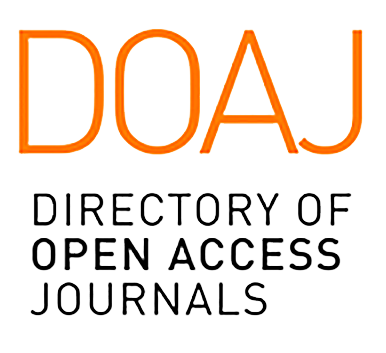

2708-9517






MLA Directory of Periodicals
REAO: East Asian Studies Journals
EBSCO Education
DOAJ
ProQuest
Google Scholar
Semantic Scholar
ROAD
BASE
Helka Helsinki Library
Baidu Scholar
Ex Libris
Jouroscope
US Department of Commerce Research Library

Martin Ward
University of Leeds, UK
Abstract
Translation has long been part of undergraduate language degrees, and its role has been widely discussed in recent years (Cook, 2007, 2010; Hubert, 2017). Webb (2010) has indicated employers’ expectations of language graduates to possess translation skills, but there have as yet been few studies conducted into the role of Chinese translation modules in enhancing the professionalisation of language skills for undergraduate students of Chinese.
One UK final-year undergraduate module, Practical Chinese to English translation considered here, explicitly aims to serve, ‘as a taster for those considering careers in translation and language services’ (University of Leeds, 2017). In recent years, informal comments from students have hinted that they view this module as very useful for preparing them for future work with regards to the professionalisation of their language skills. However, no data is available as to whether this objective is actually perceived by students as being achieved, so this study set out to survey student perspectives in this regard, with the aim of further developing pedagogical approaches for greater student gains, and gaining wider insights for such training more broadly.
Survey results indicate the module’s capacity to support student’s development of a wide range of generic transferable skills, as well as comprehensively raising student’s confidence in their own translation skills, that the module acts effectively as a taster and a bridge to such a vocational path, and the need for intentionality in developing IT skills, in particular with regards to the usage of basic machine translation tools.
It is concluded that there is evidence to support Starr and Hu’s (2019) claim of the necessity of greater effort within Chinese undergraduate programmes for the intentional and disciplinary teaching of translation. Further studies would help to give clearer picture of gains experienced by alumni from having taken this and similar modules in other institutions to help guide the orientation of further module development.
Keywords
Undergraduate translation module, employability, professionalization, student perceptions, transferable skills
学生对实用中英翻译课于专业化和就业能力影响的看法研究
伍德满
利兹大学,英国
摘要
长期以来,翻译一直是本科语言学位的一部分,其作用在近年来被广泛讨论 (Cook, 2007, 2010; Hubert, 2017)。 Webb (2010) 指出雇主对语言系毕业生的翻译技能有期望,但对于中文翻译课程在提高中文专业本科生语言技能专业化的作用,至今还没有什么研究。
在笔者任教的大学,本科四年级的实用中英翻译课程被明确定位为 " 为那些考虑从事翻译和语言服务的人提供训练及练习机会 " 的课程 (University of Leeds, 2017)。近年来,学生们的非正式评论表明,他们认为在就业准备上,这个课程对加强语言技能专业化非常有用。然而,没有数据表明学生是否真的认为这一目标已经实现,因此本研究调查学生在这方面的观点,目的是进一步提升教学方法,使学生获得更大的收获。
调查结果显示,该课程支持发展广泛的通用可转移技能,并全面提高学生对自身翻译技能的信心,该课程有效地成为了通往职业翻译领域的尝试机会和桥梁。该调查也指出发展学生IT 技能的必要性,特别是在使用基础机器翻译工具方面。
本文支持 Starr 和 Hu (2019) 的主张,即有必要在中文本科学位课程中就翻译教学做出更大努力。进一步研究将有助于更清楚了解学生在学习该课程后的收获,并支持进一步发展该课程的方向。
关键词
本科翻译课程,就业能力,专业化,学生观点,可转移技能